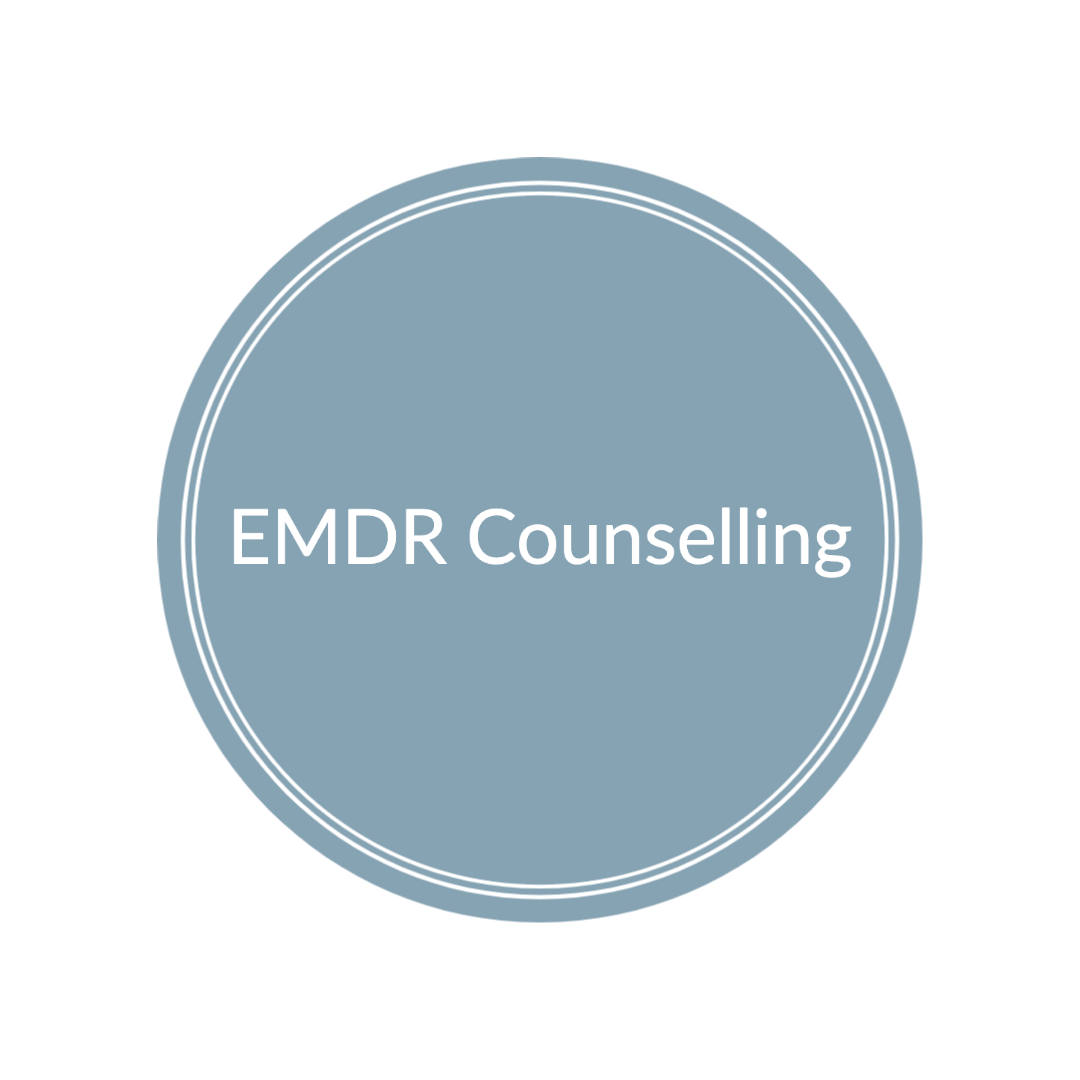Transform “bad” experiences, doubt, and fear into Growth, Joy, and Connection with EMDR.
We use a relational approach to EMDR. You can address your triggers and feel supported with a long-term relationship with your therapist.
We Specialize In The Following:
- Trauma Recovery
- Panic attacks
- Complicated Grief
- Dissociative Disorders
- Disturbing Memories
- Body Dysmorphic Disorders
- Phobias
- Pain Disorders
- Performance Anxiety
- Stress Reduction
- Word-finding difficulties
- Personality Disorders


